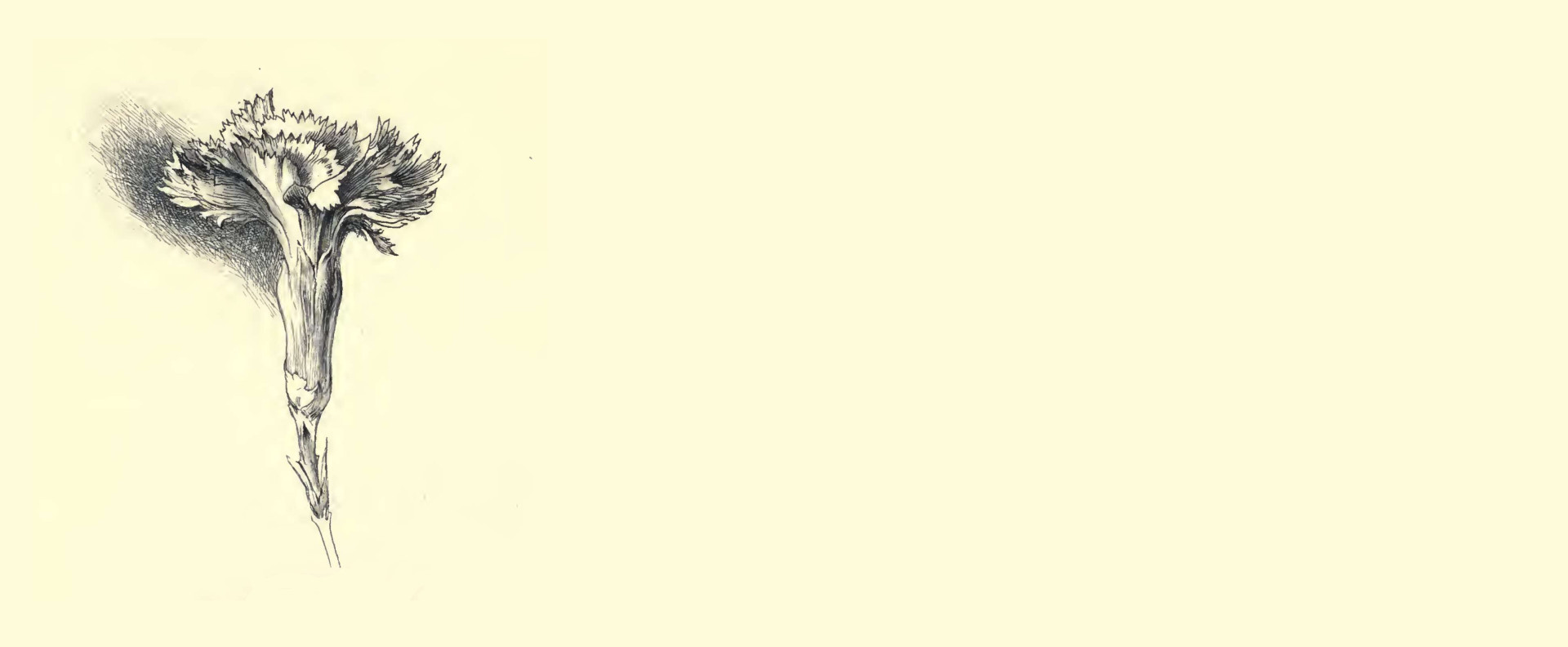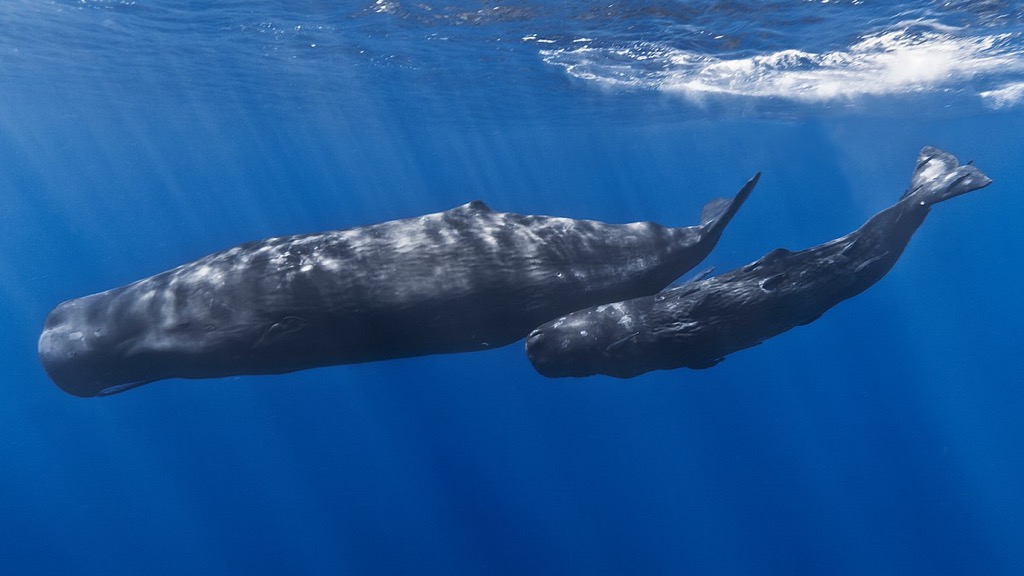
What The Whales Want You To Know
by Maria Rodale
Sign up for our monthly newsletter!
Earlier this year I was in Turks and Caicos for an extended period as a dress rehearsal for having an empty nest (I’ve been a full-time mom for 42 years). This gave me time to explore the islands more deeply, which involved me getting up the courage to go snorkeling alone (I had questions like where can I safely store my car keys and phone while I am underwater?). Before I went out I stopped in at the Dive Provo shop to chat with the resident expert and to buy a pair of fins (I had purchased a mask and snorkel from him the prior year). We started talking about the reef-safe sunscreen and the general state of the reefs (which are shit). I had visited a new resort on the South Side of the island that was geared towards windsurfers and other water sports and told him I was surprised they sold “un”reef-safe sunscreen. (The people at the hotel told me they were aware of them being unsafe, but tourists wanted sunscreens that didn’t leave a white mineral film on their skin. Boo hoo.)
“I’m not surprised,” he said. “People are shit.”
I laughed and kind of agreed with him, because I had been observing tourists engaging in some shitty behavior while I was there — more out of ignorance than malice, mind you.
This photo is courtesy of Big Blue Collective, which is an amazing eco-water exploration company in Turks and Caicos (TCI).
I was on a boat in the open ocean and saw a whale breach. I knew I had to jump in to speak with them but I was very frightened. I jumped anyway.
A baby whale greeted me and allowed me to merge into it. From its eyes, the world looked monotone blue and grey, with flickers of light.
“Time is different for us. Yes, we have days and nights. But we live mostly in seasons. Warm season. Cold season. Breeding season. Feeding season. Singing season.”
“People are shit. But shit makes the world go round.” They said this with gentle seriousness.
I saw how whale poop feeds other creatures. And parrot fish eat coral and their poop creates sand. And all the humans trying to hide their poop and be ashamed about it was wasteful and unfortunate.
“We don’t see or know humans often. Sometimes they are nice. Sometimes they are horrible.”
“Your world is invisible to us, like another planet, except what we see from down here.” (I saw lower bodies swimming on the beach, trawlers dredging up and destroying the ocean floor, floating and sunken trash, scuba divers and explorers in robotic machines.) “We need people to understand how to respect us. How to help us. The ocean will always survive, but it’s getting hotter and hotter here.”
At that point, I got so hot myself and started to cry.
“Please, tell our story.”
An octopus came and took my hand to take me somewhere, but the drum started calling me back. I surfaced and the people in the boat cheered. Then they held up an octopus that they had harvested in celebration. But the octopus was looking me in the eye as if to say “See? See what we mean?”
********
For the record, I think octopus is delicious. But I no longer eat it. Not because I think we should never eat octopus or seafood, but because this is a time when we are being asked by the ocean to scale back our behaviors that cause the oceans to overheat. Those behaviors include overeating seafood and overfishing, wearing sunscreens that are toxic to the ocean life, mining the oceans of oil and minerals, and acting like the ocean is a playground where our behavior has no consequences.
But it’s also about changing our behavior on land. Besides the obvious reduction of burning fossil fuels and eating as if nothing mattered, overdevelopment is a main source of ocean destruction (and flooding, by the way). In Woods Hole, Cape Cod, Massachusetts where my daughter works and lives, they now have “yellow tides.” These toxic tides are the result of so much development that septic systems are overflowing into the water, making the oysters and fish unsafe to eat — not just because it’s urine, which is nitrogen, but because what’s in our urine — toxic drugs, cleaning supplies flushed down the toilets and hormone-disrupting chemicals that are messing with the health and sexuality of ocean life (not to mention ours). Think about that next time you order raw oysters.
People are shit. But shit makes the world go round IF we learn to channel our shit in the right ecological directions. From baby diapers to a lifetime of sitting on the toilet, to how we dispose of our dead bodies, it all matters. Whale poop feeds phytoplankton, which makes more than half the oxygen on earth and feeds all the tiny fish. Think about that for a second…saving and protecting the whales isn’t just a feel-good, do-good distant action. It’s about making sure we have enough air to breathe! It’s about making sure there are enough small fish to feed the bigger fish. It’s about ensuring an adequate clean supply of seafood for you to enjoy when you go out to eat or cook at home.
As one of the local guides (a “belonger”) from Big Blue Collective told me when I asked him if people in TCI have gardens, “The ocean is our garden!” We must tend to the ocean just as carefully as we tend to our backyard gardens — organically, regeneratively, and with future generations in mind.
As beach season starts this year, the Whales want you to think about all these things. Here are a few tips to help you get started:
- Stop using sunscreen unless you have to. The only reef-safe sunscreens are purely mineral-based. Better yet, manage your sun exposure by only going out at certain times of the day and keeping your body and the water around you free from toxins. Wear rash guards and hats instead. Sunscreen is one less thing you need to buy.
- Reduce your consumption of seafood. Raw oysters should only be eaten in cold months (R months). Avoid the larger fish that accumulate toxins from eating smaller fish. Eat local and wild. Yes, salmon is good for you. But farm-raised salmon is terrible for the environment, which means it’s terrible for you, too.
- Renovate and rehabilitate rather than build new construction. Much of the flooding attributed to climate change is also due to the overdevelopment of our water-absorbing land. Overdevelopment forces water to run off into the waterways, taking all the toxins with it into the ocean. According to the Reef Rescue group in TCI, it’s not just ocean heating that’s killing the coral, but a virus most likely dredged up from construction happening in Florida.
- Keep your recreation clean. That means sailboats instead of yachts. Stand-up paddle boards instead of jet skis. And Kayaks instead of motorboats. Kite surfing is good too. Keeping your recreation clean is not just better for the water, it’s better for your body. For inspiration, check out Cole Brauer, the first American woman to sail all around the world by herself in a race where she came in second!
- Keep your pee and poo clean. Eat organic food. Avoid toxic cleaners and beauty products. Try not to use pharmaceuticals you don’t need. Don’t flush stuff down the toilet or sewer drains that is toxic.
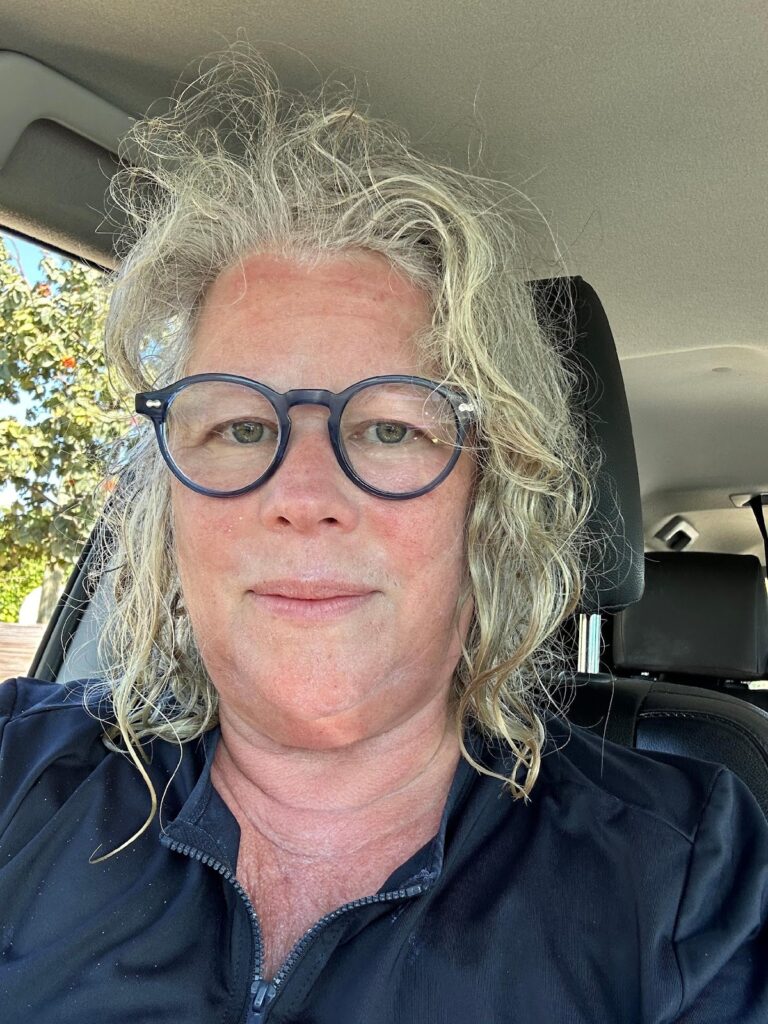
This is me after a successful solo snorkeling swim. I have a bit of reef-safe sunscreen on, hence the white residue. I am also sprinkled with a bit of Parrot Fish poo, otherwise known as sand. I saw them down there chomping away! What the Whales want us to know is that we can still have lots of fun in the water and enjoy the beach, but they’d prefer if we learn to do it without harming them and their home, so they can continue to provide us with air to breath and songs to sing together.
Maria Rodale is an explorer of nature and an award-winning activist in its behalf. She is the author of many books including a children’s book series and remains active in the Rodale institute. Subscribe to her Substack Newsletter: Life. Unfiltered.
Plantings
Issue 30 – December 2023
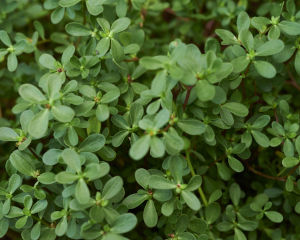
Viriditas: Musings on Magical Plants: Portulaca oleracea
By Margaux Crump
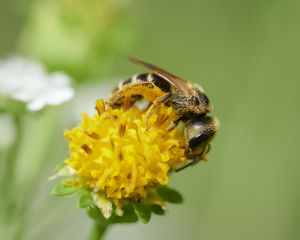
Proboscis, Pollen, and the Rapture of Interspecies Intimacy
By Jake Eshelman
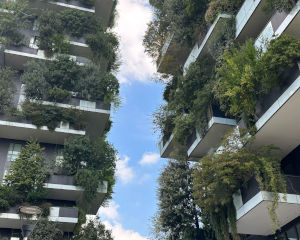
The Greening of Milan: Porta Nuova and Vertical Forest
By Gayil Nalls
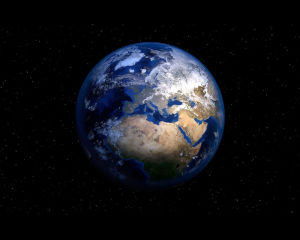
Overshooting Earth’s Boundaries: An Interview with Bill Rees
By Rachel Donald
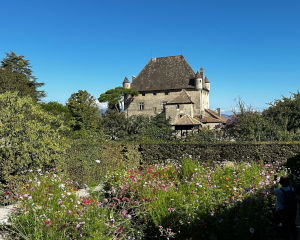
The Garden of the Five Senses
By Gayil Nalls
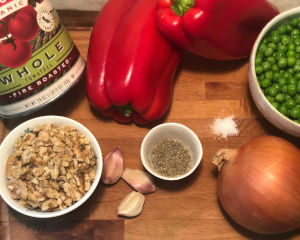
Eat More Plants Recipes:
Le Botaniste’s Fennel, Tomato, and Red Pepper Pasta Sauce
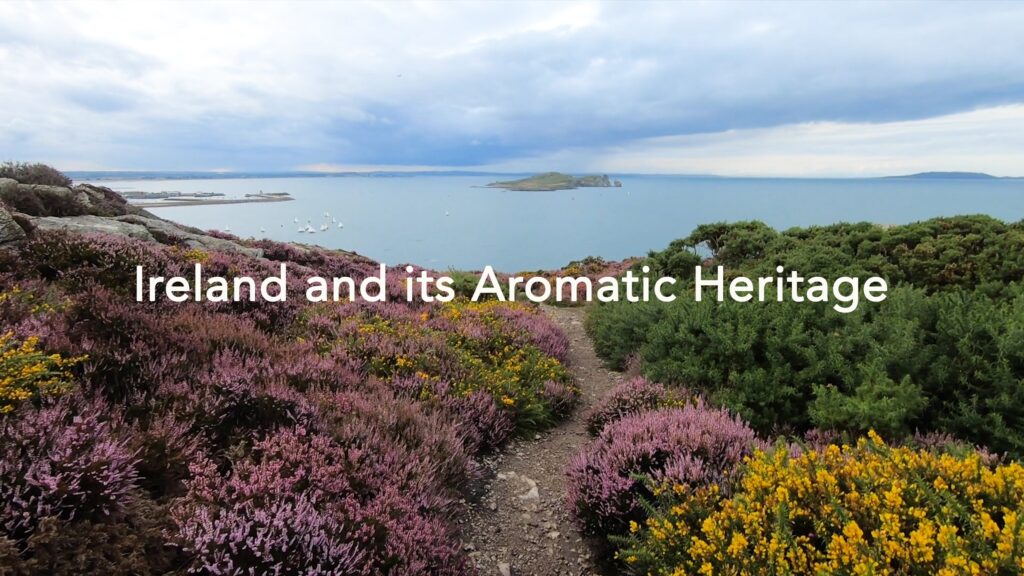
As Ireland transitions from the rich, smoky scent of peat-burning to a more sustainable future, its olfactory heritage is evolving. What will become the next iconic aromatic symbol of Ireland?
Click to watch the documentary trailer.


